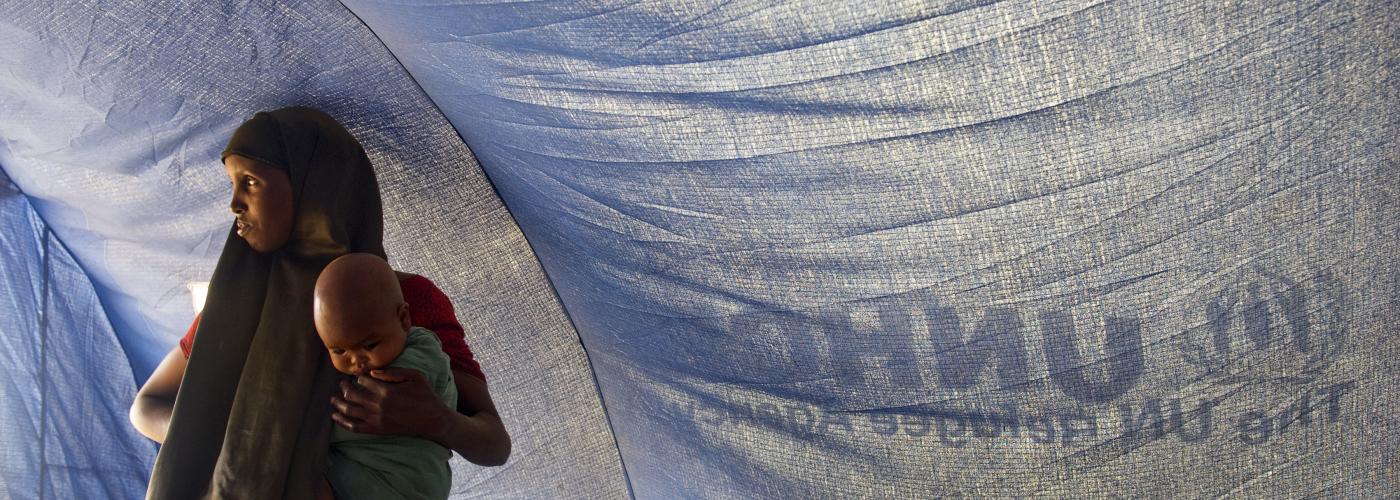General information
Title
Resilient, sustainable and inclusive coffee and cocoa sectors in Guatemala
ID
XM-DAC-2-10-8168
CRS ID
2022008168
Start date
End date
Activity status
Implementation
Budget
€920.411
Actor
NGO RIKOLTO (ex-VECO)
Country
GUATEMALA
Sector
Agriculture and livestock - Agricultural development
Policy markers
Nutrition 1
Gender 1
Environment 1
Biodiversity 1
Climate: Mitigation 1
Good Governance 1
Climate: Adaptation 1
Trade Development 1
Aid type
Core support to NGOs, other private bodies, PPPs and research institutes
Fragile state
No
Least developed country
No
Budgetline
54 20 356072 NGO Programs
Finance type
GRANT
Tied status
No
Flow type
ODA
Body
General
The coffee and cocoa sectors in Guatemala are more resilient, sustainable and inclusive, helping to generate a decent income for farmers and agricultural entrepreneurs, including women and youth, while increasing the availability of sustainably produced food. The DGD program for the period 2022-2026 proposes three strategic lines aimed at making the coffee and cocoa sectors in Guatemala more resilient, sustainable and inclusive, contributing to generate a decent income for producers and agricultural entrepreneurs, paying special attention to women and youth, while increasing the availability of sustainably produced food. The three expetced results are: i) Producers and POs (professional farmer organisations) achieve more environmentally, socially and economically sustainable coffee and cocoa production. Sustainable Agricultural Production: ii) Businesses and POs, including women and youth, actively participate in inclusive markets. Inclusive markets: and iii) multi-stakeholder platforms generate an enabling environment through public and private policies for sustainable and inclusive coffee and cocoa sectors. Enabling Environment.
In this new country Rikolto proposes field interventions (pilots), applying approaches and methodologies that allow us to face the challenges of both sectors and making proposals for long-term improvement. Together with our partners (POs, buyers and the public sector) we will generate evidence that will allow us to scale up at the national level. At the same time, for the field work we will take as a reference the lessons learned from the current programs in Honduras, Peru and Ecuador, especially on the issue of using multi-actor spaces to contribute to the construction of an enabling environment and to influence policies based on dialogue and evidence in the selected regions. Focus on decent income will allow us to orient strategies and achievements regarding resilient production, inclusive businesses and public-private work towards closing the income gap that will allow for improved nutrition, decent housing, the satisfaction of basic needs, as well as building in a contingency fund that will allow producers to overcome disruptive situations.
Documents
Documents


